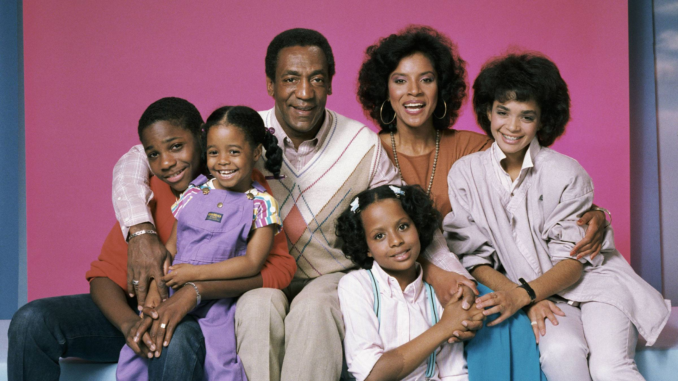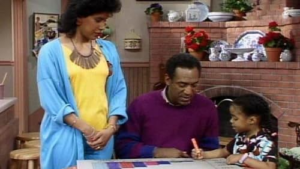
Introduction: Everyone remembers The Cosby Show as a feel-good, family-friendly sitcom, but what if we told you there were hidden messages woven into the fabric of each episode? Behind the laughter, there was a deeper agenda at play—one that changed the course of American television forever. The Cosby Show was more than just a sitcom. It was a revolution in disguise. From social commentary on race to pushing the boundaries of what audiences thought possible, this show was a Trojan horse of change.
Raising the Bar for African American Representation: The Cosby Show wasn’t just a show about a black family; it was about success, achievement, and intellectualism. The Huxtables weren’t just an average family—they were elite professionals, with Cliff Huxtable being a well-respected doctor and Clair as a powerful lawyer. By featuring characters like these, the show was intentionally sending a message to both the black community and the wider audience: success is achievable, and race should never limit your ambitions.
Unseen Social Commentary: Each episode carried a quiet but powerful commentary on societal issues, often reflecting on the challenges and triumphs of African American life in ways that were rarely seen on TV at the time. From issues like higher education to family dynamics and civil rights, The Cosby Show subtly influenced and changed American perspectives.

The Radical Parenting Style: The show’s portrayal of parenting was just as revolutionary as its portrayal of race. Cliff and Clair Huxtable’s approach to discipline, communication, and their involvement in their children’s lives broke away from traditional TV parents. They didn’t rely on punishments but instead on respect, intellectual discussions, and thoughtful problem-solving.
Conclusion: As time goes on, the true depth of The Cosby Show becomes more apparent. Beneath its comedic surface, the show challenged norms, tackled sensitive issues, and was a beacon of change that shaped a new era in TV history. Its influence continues to be felt today, though the world may not always acknowledge just how groundbreaking it was.
